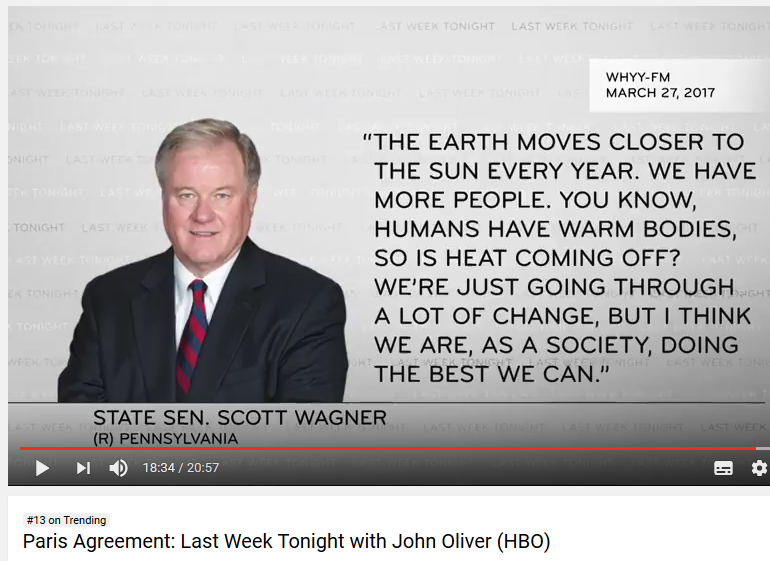Turn this around. The deeper mystery, how is it possible that anyone agrees? How can we set up a process for creating agreement by the most people, over the widest range of things, through a process of reasoned argument? Simply put, that quest gives you science.
Sure as people have said personal issues get in the way. Look at Eddington using his prestige against Chandrasekhar. But these are failurures in the process. While of course, real meaningful disagreements occur when the method is used correctly.
There are different kinds of facts, in different areas of science. A new particle is pretty unambiguous. But global warming and whether it is human-generated, that has been a process of building degrees of consensus. We develop processes for agreeing on and verifying facts. Science never truly proves anything, it only evaluates degrees of uncertainty.
The conventional view is classical empiricism and the classical observationalist-inductivist account based on it. Anyone can do the experiments, or examine how the data was gathered, and the best theory will account for the most facts with the greatest simplicity. Anything that doesn't agree with the facts, gets falsified. This often hits problems as a model. For instance 'simplicity' is not a neutrally agreeable on criteria, we look for elegance, something aesthetic.
Popper put the onus on the scientific community, to be able to verify the facts, which hypothesees about them are valid, and to choose between them. So the disagreements would come down to disagreements on how evidence was obtained, what it is evidence for, and how strongly an interpretatiin could be drawn distinctly from other possible interpretations; all within the context of the scientific community, tryingbto make pursuasive cases, like we do on Philosophy SE.
Kuhn argued that observation itself is theory laden, and developed a model of paradigm change based on observations of development of actual scientific practice. People with different beliefs, operating in different paradigms, might report the same observations in very different ways.
People who hang their whole careers on an area of research, certainly get very invested in that. String theory and loop quantum gravity can't both be right. It will take the convergence of detailed enough theory to meet observations of sufficiently high energies and small scales to decide - eg black holes merging. People's life's work matter to them, but this is corrected for by the fact prestige is equally or more generated by knocking down the ideas of others, as building new ones up.
Biology is a lot more prone to methadological disagreements. Behaviourists looking at drug to food preference of rats in skinner boxes and expecting pavlovian responses anyway, came to very different conclusions about addiction than later researches who compared behaviour in skinner boxes to a 'rat park', a more normal healthy social situation for rats, instead of solitary confinement. It has taken a really long time for the insights from this later work, maybe 40 years, for this to start to affect government policies. This has been even more politicised than global warming. Social context, and funding, matter.

